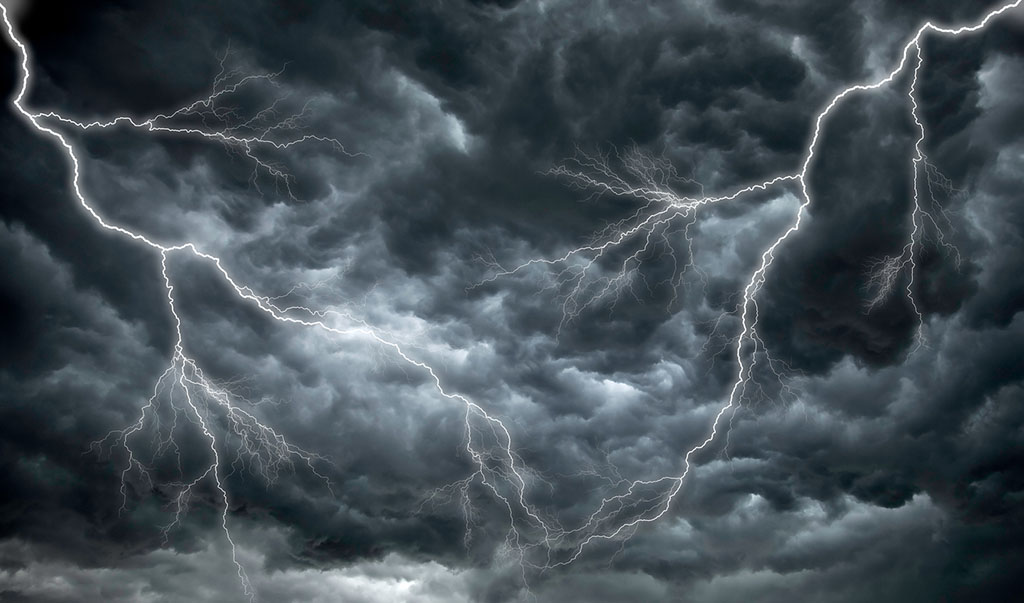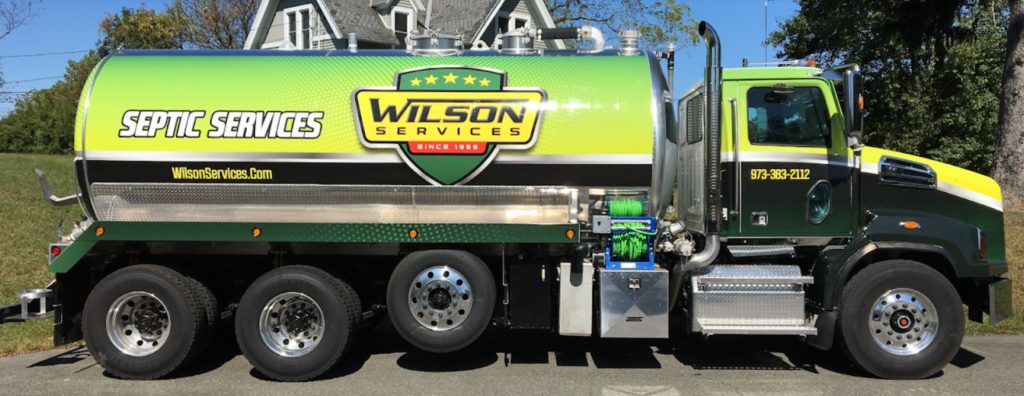
It’s a scenario many New Jersey homeowners know all too well:
A heavy rainstorm rolls through. The skies clear. You step outside… and get hit with a foul, unmistakable smell coming from your yard—or worse, inside your home.
If your septic system smells after rain, you’re not alone. And you’re not imagining things. This is a common issue, especially in areas like Sussex County and North Jersey where sudden downpours can quickly oversaturate the soil.
Let’s break down why this happens, what it means for your system, and what you can do to fix it fast and prevent it from coming back.
Why Septic Smells Get Worse After Rain
1. Weather and Atmospheric Pressure
Rainstorms don’t just soak the ground—they also shift the pressure in the air. When atmospheric pressure drops, it becomes harder for sewer gases to rise and escape through your vent pipes. Instead, those gases hover near ground level, where you’re much more likely to smell them.
If the air is especially humid, those odors stick around even longer. Moist air is slower to disperse smells, which can make everything feel heavier and more pungent after a storm.
2. Saturated Soil and Flooded Drain Fields
Your drain field plays a key role in processing wastewater from your septic system. But after a heavy rain, the soil around it can become oversaturated. When this happens, wastewater can’t filter out properly—and the system can’t release gases as it normally would.
This can lead to slow drainage, surface pooling, and—yep—nasty smells rising up through the grass or even backing up into your home.
How to Identify Where the Smell Is Coming From
Outside
If the odor is strongest around your yard, especially near where the septic tank or drain field is located, you’re likely dealing with an exterior issue. Keep an eye out for:
- Soggy or muddy patches in the lawn
- Areas of grass that seem unusually green or lush
- Standing water near the tank or drain field
Inside
Smells indoors are usually tied to plumbing-related issues. That might include:
- Dried-out traps in sinks, tubs, or floor drains
- A cracked or loose toilet seal
- A blocked vent pipe on your roof
A good rule of thumb: If the odor is inside and worsens after rain, it may be time to check your plumbing vents and indoor fixtures—especially ones you rarely use.
Common Rain-Related Septic Odor Issues
Flooded or Blocked Drain Field
Saturated soil can trap wastewater near the surface, releasing unpleasant smells and even leading to sewage backups. If your system hasn’t been maintained in a while, rain may push it past its limit.
Explore septic maintenance services from Wilson Services to help prevent these problems before they start.
Dry Traps or Leaky Toilet Seals
Any drain that hasn’t been used in a while can dry out. When that water seal disappears, it opens a clear path for sewer gas to enter your home. Similarly, if the wax ring seal under a toilet has degraded or shifted, you’ll smell it—especially after a storm causes pressure changes in the system.
Cracked Pipes or Blocked Vents
Old or damaged septic lines can crack under pressure, allowing gases to escape into the soil or your home. Meanwhile, blocked vent stacks (from leaves, nests, or debris) keep gases from venting properly and can cause them to push back inside.
Wilson Services offers septic inspections to pinpoint issues like these quickly and accurately.
What North Jersey Homeowners Can Do Right Now
Quick DIY Checks
- Run water in any sinks, tubs, or floor drains you don’t use often. This refills plumbing traps and helps stop sewer gases from entering.
- Walk your yard. Check for puddles, soft spots, or areas of grass that look suspiciously healthy.
Reduce water use after heavy rain. Spread out laundry, showers, and dishwashing to avoid overloading the system.
When to Call Wilson Services
If the smell lasts longer than the storm or is getting worse over time, it’s time to bring in a professional. Call Wilson Services if you notice:
- Persistent sewage smells after rain
- Wet spots or standing water near the drain field
- Slow drainage or backed-up sinks and toilets
- Uncertainty about what’s causing the issue
Our team specializes in diagnosing and repairing septic systems throughout Sussex County and North Jersey.
How Wilson Services Solves Septic Odor Problems
With decades of experience and local expertise, Wilson Services offers comprehensive solutions tailored to your system’s needs and the region’s climate.
We provide:
- Detailed septic inspections to assess tanks, drain fields, pipes, and vents
- Septic pumping and emergency septic pumping services to relieve buildup fast
- Septic repairs for cracks, blockages, or venting issues
- Preventive maintenance plans to keep your system working smoothly long-term
- New septic system installations if your existing system is no longer salvageable
Whatever the issue, we’ll help you fix it with transparency, care, and professionalism.
Tips to Prevent Septic Smells After Future Rainstorms
Want to stay ahead of the stink? Here are some proactive habits that can make a big difference:
- Slope your yard so water drains away from the septic field
- Spread out heavy water usage throughout the day—especially after storms
- Pump your tank every 2–5 years, depending on household size and usage
- Inspect vent stacks and traps a few times a year, especially before storm season
- Ask about vent filters that neutralize smells before they escape the system
These small steps can help keep your home comfortable—and your septic system out of sight, out of smell.
Don’t Wait for the Next Rainstorm

If your yard or home smells worse every time it rains, it’s not just unpleasant—it’s a sign your septic system needs attention. Whether it’s a clogged vent, a backed-up drain field, or a maintenance issue that’s been brewing for a while, Wilson Services can help.
We know what septic systems in Sussex County and North Jersey go through during storms, and we’re here to make sure yours is functioning safely and reliably.
Contact us today to schedule an inspection, pumping, or repair. A quick visit now can save you a much bigger headache later.

Recent Comments